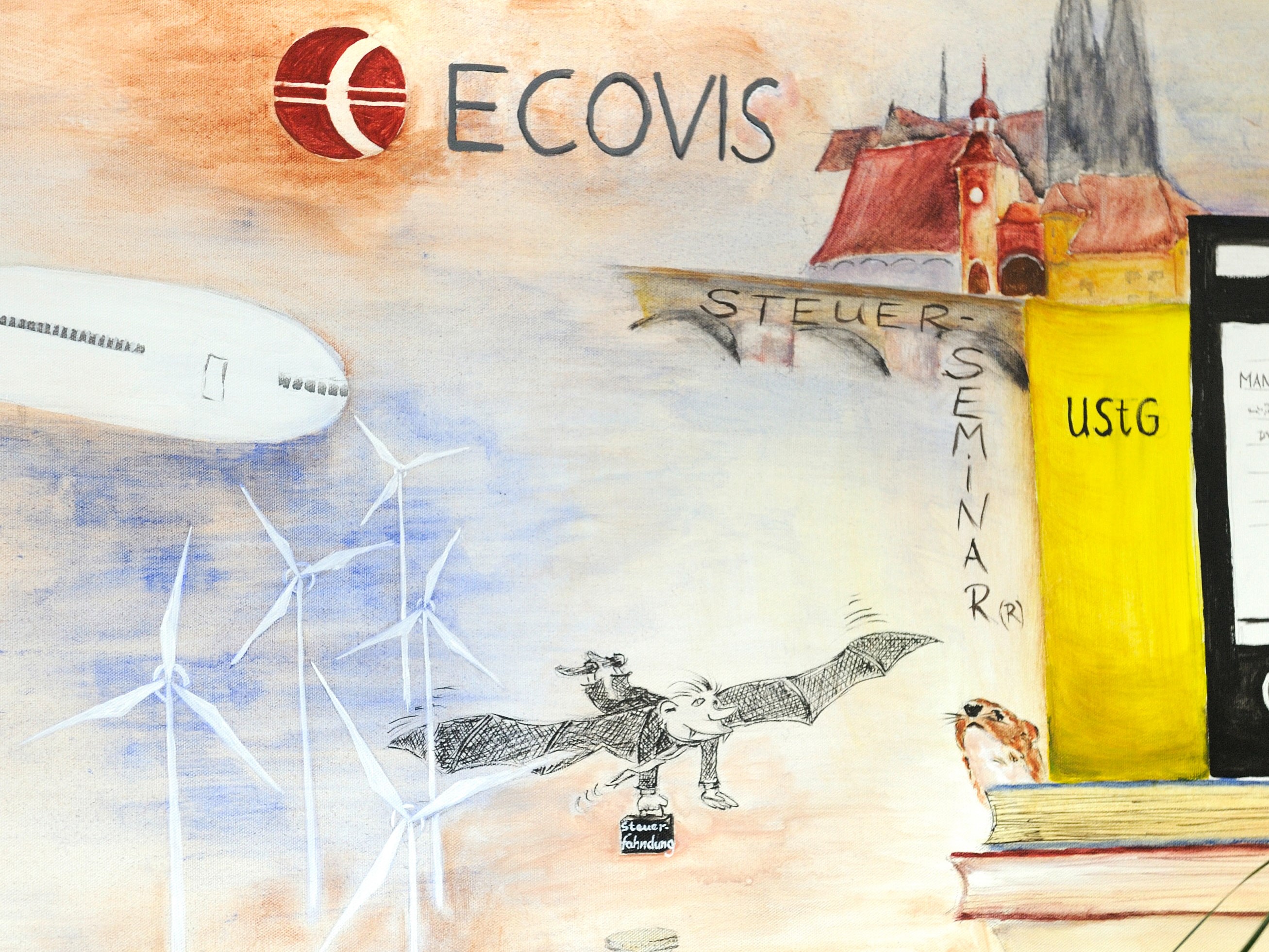Types of Business Activities in Czech Republic in the year 2021
Czech or foreign natural persons or legal entities can perform the business activity in the Czech Republic if they comply with the Czech law. The forms of business activities in the Czech Republic is generally conditioned upod the issuance of a Czech trade license regulated by the Czech Trade Licensing Act or another specific permit regulated by a number of specific acts, depending on the type of business activity. The exception from this condition applies to entrepreneurs from another EU member state in case of temporarily provision of services based on the trade licenses issued in such member state.
Foreigners (natural persons) as Czech entrepreneurs
A natural person or entrepreneur is, according to Czech law, a person who conducts business on the grounds of a trade licence, a person who conducts business using a special licence, or a person who practises agriculture and is registered according to a special regulation.
Citizens of other countries are allowed to conduct business in the Czech Republic under exactly the same conditions and to the same extent as Czech citizens, unless the law says otherwise. For this purpose, the term foreign person applies to a natural person whose permanent residence is outside of the Czech Republic. Therefore, it is permanent residence, and not citizenship, that is decisive here. Visa are required in certain cases.
Conducting business with a Czech trade licence
According to the Czech Trade Licensing Act (Act No. 455/1991 Coll.), the business activity is conducted systematically, individually, using one's own name, on one's own responsibility, with a view to make profit and under the conditions laid down under this law. The different professions requiring a trade licence are listed in appendices 1- 4 of the Trade Licensing Act.
The Trade Licensing Act differentiates between notifiable trades, where the licence is granted once the agreed conditions are met and the Trade Office is notified, and concessionary trades, which require state permission – i.e. the granting of a concession; this is not accorded automatically. Notifiable trades are further divided into skilled, restricted and free trades. Every natural person who is considering pursuing a trade must meet a set of general conditions, including being 18 years old and above, having legal capacity and being a person of good character. In the case of restricted, skilled and concessionary trades, a natural person is additionally obliged to meet special conditions - a professional qualification or other competence as defined by the law for each profession. In case of non-compliance with these special conditions, a natural person is obliged to conduct a trade through the intermediary of a responsible representative, who is obliged to meet both the general and the special conditions pertaining to the given type of trade. Access to the Trade Register is free and available online at www.rzp.cz.
For more information about conducting business a without Czech trade licence please read here.
Conducting business using a special licence in the Czech Republic
The different business objects for the given category are the professions listed in Section 3 of the Trade Licensing Act, and which are exempt from its provisions. First and foremost, this applies to professional services (doctors, advocates, expert witnesses, auditors, tax advisers, dentists, etc.). Conditions for each of these professions are specifically defined by separate laws.
Practice of agriculture in the Czech Republic
The third type of natural persons encompasses persons who practise agriculture and who are registered under a special regulation - the Czech Agriculture Act (Act No. 252/1997 Coll.).
Agriculture includes forestry and water resource management. An agricultural entrepreneur is any person who practises agriculture for profit and meets the agreed conditions, including being at least 18 years of age, having legal capacity and Czech or EU citizenship - all other natural persons need permanent residence in the Czech Republic and a certification of a basic knowledge of the Czech language.
Czech legal entities
The Czech Act on Business Corporations recognises the following types of business entities:
• Czech limited liability companies
• Czech joint-stock companies
• general partnerships
• limited partnerships
• co-operatives
• Societas Europaea (European companies)
• European Economic Interest Grouping (EEIG).
The Czech Civil Code recognies also other forms of legal entities, such as trust and associations, which can also perform business activity, but this should not be the main purpose of their existence.
A Czech legal entity is an entity that has its registered office in the Czech Republic. Commercial companies are formed in two stages. The first stage involves founding the company and the second stage involves establishing it as a legal person, as of the date of its entry in the Commercial Register. The Commercial Register is maintained by the courts. Only after registration in the Commercial Register the company is entitled to commence its business activity in the Czech Republic. Access to the Commercial Register is free and available online at www.justice.cz.
ECOVIS ježek, the Czech law firm can assist you in making the right decision about the proper form of your business activity in Czech Republic
Mojmír Ježek has extensive experience with provision of Czech legal advice to foreign investors, entrepreneurs and private persons. We can find a tailor made solution for your current and future business in Czech Republic.
You can engage our Czech law firm to ensure for the proper solution of the form of business activity in the Czech Republic.
t: +420 226 236 600 | e: mojmir.jezek@ecovislegal.cz
Branch office in the Czech Republic
A Czech branch office is merely an organizational unit of the founding company and it is not regarded as a separate legal entity and does not have its own legal capacity. It is an entity legally dependent on its head office, although it has an independent management and their own accounts. The branch office must be registered in the Czech Commercial Register and the founder must appoint a director of the branch office who acts on behalf of the founding company, but this is only in relation to matters concerning the branch office.
In case of commencement of any business activity in the Czech Repubic (i.e., continuous business activity carried out independently and aimed at generating a profit) it is important to ensure, that the respective trade licenses or other permits in the Czech Republic are obtained and registration with the Czech Commercial Register is performed.
For more information, please contact:
JUDr. Mojmír Ježek, Ph.D.
Managing partner
ECOVIS ježek, advokátní kancelář s.r.o.
Betlémské nám. 6
110 00 Prague 1
e-mail: mojmir.jezek@ecovislegal.cz
www.ecovislegal.cz/en
About ECOVIS ježek advokátní kancelář s.r.o.
The Czech law office in Prague ECOVIS ježek practices mainly in the area of Czech commercial law, Czech real estate law, representation at Czech courts, administrative bodies and arbitration courts, as well as Czech finance and banking law, and provides full-fledged advice in all areas, making it a suitable alternative for clients of international law offices. The international dimension of the Czech legal services provided is ensured through past experience and through co-operation with leading legal offices in most European countries, the US, and other jurisdictions. The Czech lawyers of the ECOVIS ježek team have many years of experience from leading international law offices and tax companies, in providing legal advice to multinational corporations, large Czech companies, but also to medium-sized companies and individual clients. For more information, go to www.ecovislegal.cz/en.
The information contained on this website is a legal advertisement. Do not consider anything on this website as legal advice and nothing on this website is an advocate-client relationship. Before discussing anything about what you read on these pages, arrange a legal consultation with us. Past results are not a guarantee of future results, and previous results do not indicate or predict future results. Each case is different and must be judged according to its own circumstances.















